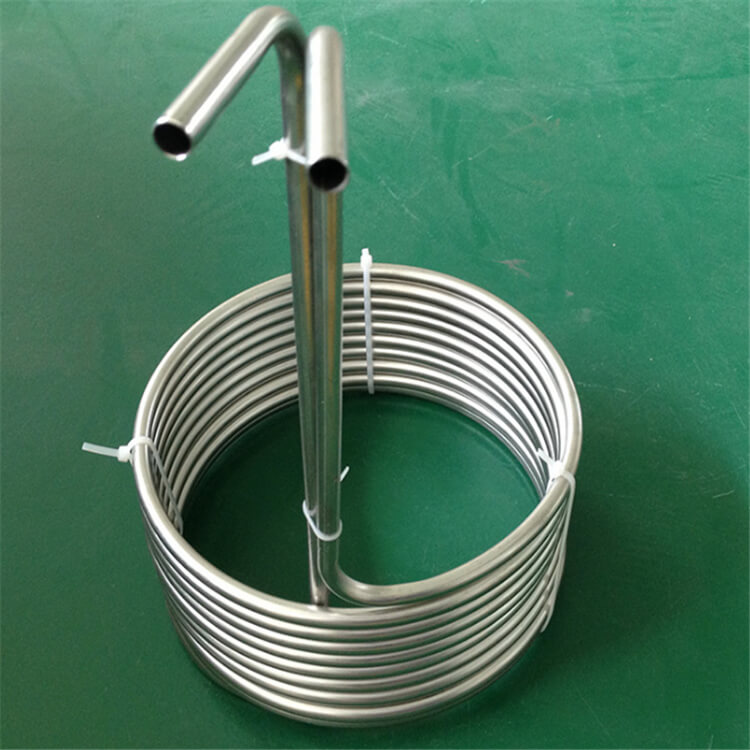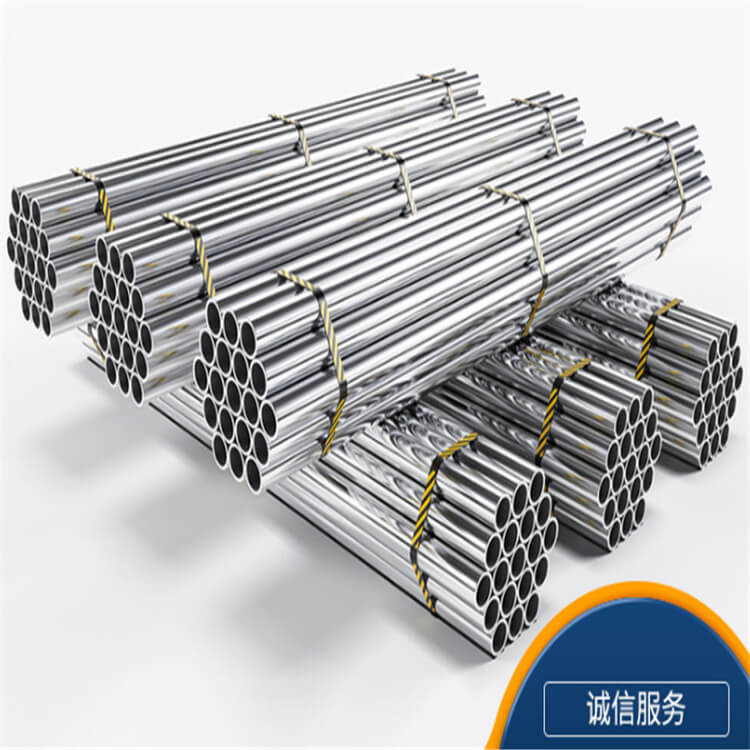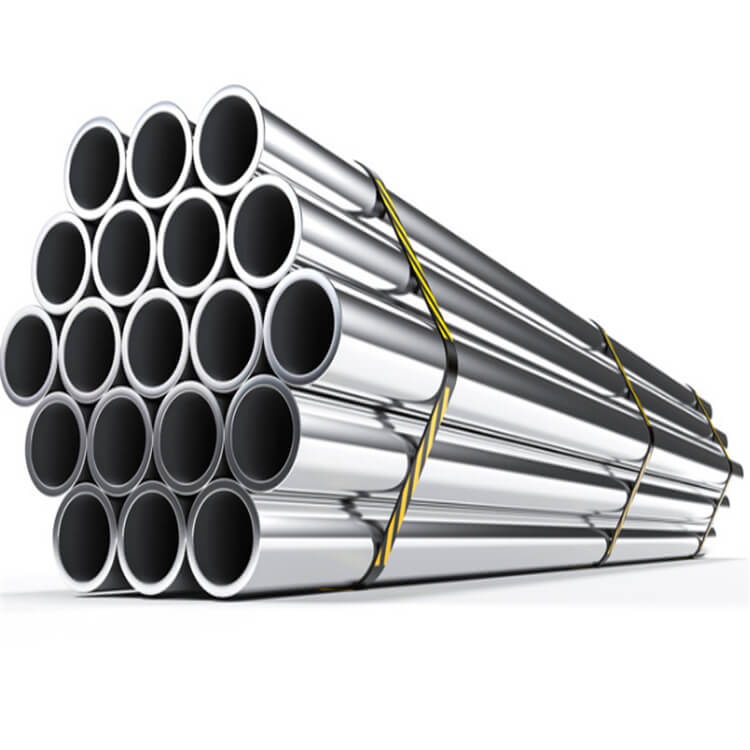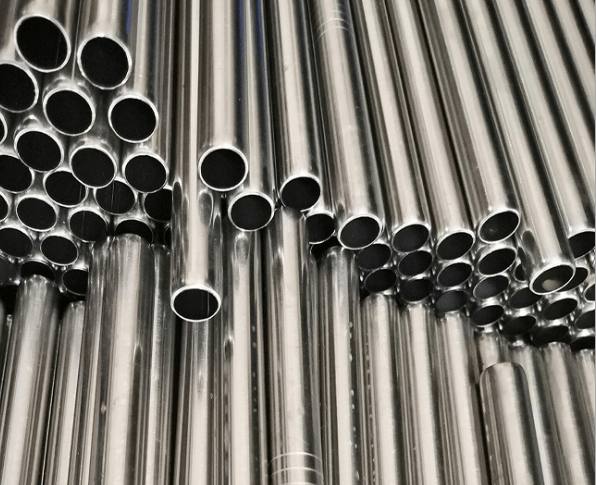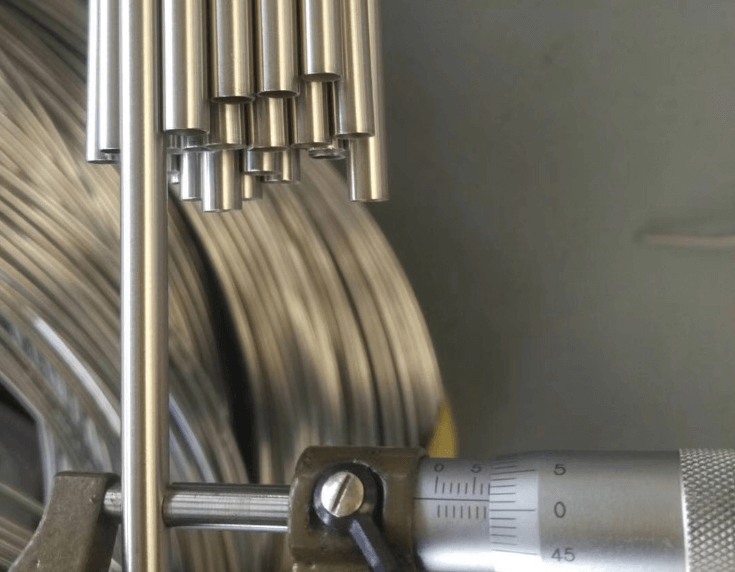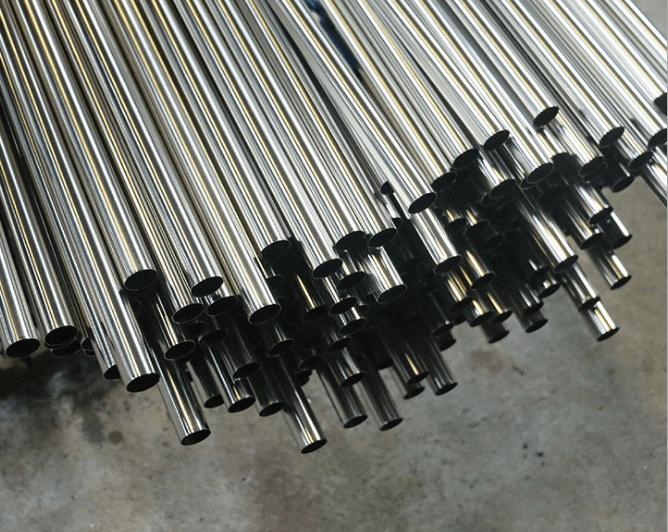In the realm of industrial manufacturing, stainless steel plays a crucial role due to its exceptional qualities of strength, durability, and corrosion resistance. One notable application of stainless steel is in the fabrication of pipe coils. But what exactly is stainless steel pipe coil fabrication? In this comprehensive guide, we will delve into the intricacies of this process, from the definition to applications.
What is Stainless Steel Pipe Coil Fabrication?
Stainless steel pipe coil fabrication refers to the manufacturing process of shaping stainless steel sheets into continuous coils, primarily used in the construction of pipelines, heat exchangers, and various industrial applications. The stainless steel sheets are rolled into a cylindrical shape, forming a coil that allows for efficient transportation of liquids and gases while withstanding high temperatures and corrosive environments.
The Process of Stainless Steel Pipe Coil Fabrication
Material Selection
The first step is to choose the appropriate grade of stainless steel for the specific application. Factors such as corrosion resistance, temperature requirements, and mechanical properties are considered during material selection.
Sheet Cutting
Stainless steel sheets are cut into the desired dimensions using advanced cutting techniques such as laser cutting, plasma cutting, or waterjet cutting. This step ensures precise and accurate dimensions for the subsequent fabrication process.
Forming the Coil
The cut stainless steel sheets are fed into a roll-forming machine, where they are shaped into a cylindrical coil. The sheets pass through a series of rollers, gradually taking on the desired shape and size.
Welding
Once the coil is formed, the edges of the stainless steel sheets are welded together to create a continuous, seamless coil. Various welding methods, such as TIG (Tungsten Inert Gas) or laser welding, are employed to ensure strong and reliable joints.
Finishing and Inspection
The fabricated stainless steel pipe coil undergoes a finishing process to remove any rough edges or imperfections. It is then thoroughly inspected for quality assurance, ensuring that it meets the required specifications and standards.
Testing and Certification
The final step involves subjecting the stainless steel pipe coil to rigorous testing, such as pressure testing, to verify its performance and integrity. Once the coil passes the necessary tests, it receives certification and is ready for installation.
Benefits of Stainless Steel Pipe Coil Fabrication
Corrosion Resistance
Stainless steel exhibits remarkable resistance to corrosion, making it ideal for applications in harsh environments, such as chemical plants, coastal areas, and offshore installations. This resistance minimizes maintenance costs and extends the lifespan of the pipeline.
High Strength
Stainless steel pipe coils possess excellent strength, allowing them to withstand high pressures and temperatures without deformation or failure. This attribute is particularly crucial in industries where safety and reliability are paramount.
Flexibility
The coiled nature of stainless steel pipe coils provides flexibility, enabling easy installation in complex systems. The ability to bend and shape the coils to fit specific requirements reduces the need for additional fittings and connectors, simplifying the overall system design.
stainless steel pipe coil fabrication
Thermal Conductivity
Stainless steel exhibits good thermal conductivity, making it an efficient material for heat transfer applications. This property is vital in industries such as HVAC, power generation, and refrigeration.
Hygiene and Cleanliness
Stainless steel is a non-porous material, resistant to bacteria growth, and easy to clean. This feature makes stainless steel pipe coils an excellent choice for industries that require strict hygiene standards, such as the food and pharmaceutical sectors.
Longevity
Stainless steel is known for its durability and longevity. Pipe coils fabricated from stainless steel can withstand years of use without degradation, reducing the need for frequent replacements and lowering maintenance costs.
Aesthetic Appeal
Stainless steel possesses a sleek and modern aesthetic that adds value to architectural and design applications. Whether used in exposed pipelines or concealed behind walls, stainless steel pipe coils enhance the overall visual appeal of the space.
Applications of Stainless Steel Pipe Coil Fabrication
Oil and Gas Industry
Stainless steel pipe coils find extensive use in the oil and gas sector for transporting crude oil, natural gas, and other hydrocarbons over long distances. The exceptional corrosion resistance of stainless steel ensures the integrity of the pipelines, minimizing leaks and maintenance costs.
Chemical Processing
In chemical plants, stainless steel pipe coils are employed to transfer aggressive chemicals, solvents, and acids safely. The high resistance to corrosion and chemical reactions exhibited by stainless steel ensures the protection of workers and the environment.
Food and Beverage Industry
Stainless steel pipe coils are widely utilized in the food and beverage industry, where hygiene and cleanliness are paramount. These coils are used in processes such as refrigeration, pasteurization, and liquid transfer, ensuring the integrity and purity of the products.
HVAC Systems
Heating, ventilation, and air conditioning (HVAC) systems often rely on stainless steel pipe coils for efficient heat transfer. These coils help regulate temperature, ensuring comfortable environments in residential, commercial, and industrial buildings.
Power Generation
Stainless steel pipe coils are utilized in power plants for applications such as steam generation and condensation. The excellent heat resistance and durability of stainless steel make it an ideal material for handling high-pressure and high-temperature conditions.
Pharmaceutical Industry
Pharmaceutical manufacturers rely on stainless steel pipe coils to transport various fluids and chemicals used in the production of medicines. The sterile and corrosion-resistant nature of stainless steel ensures product purity and integrity.
Conclusion
Stainless steel pipe coil fabrication is a highly versatile and efficient manufacturing process that offers numerous benefits across various industries. The corrosion resistance, strength, flexibility, and longevity of stainless steel make it the ideal material for constructing pipe coils used in critical applications.
So, whether you're in need of a robust pipeline for transporting chemicals, a heat exchanger for power generation, or a hygienic system for the food industry, stainless steel pipe coils are an excellent choice that will meet and exceed your expectations.

